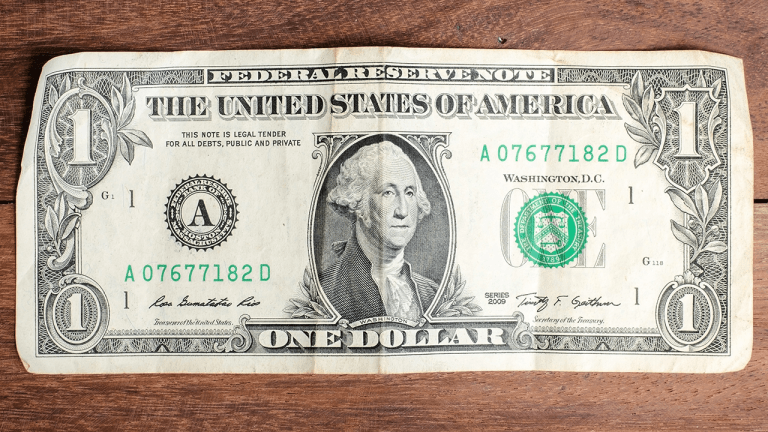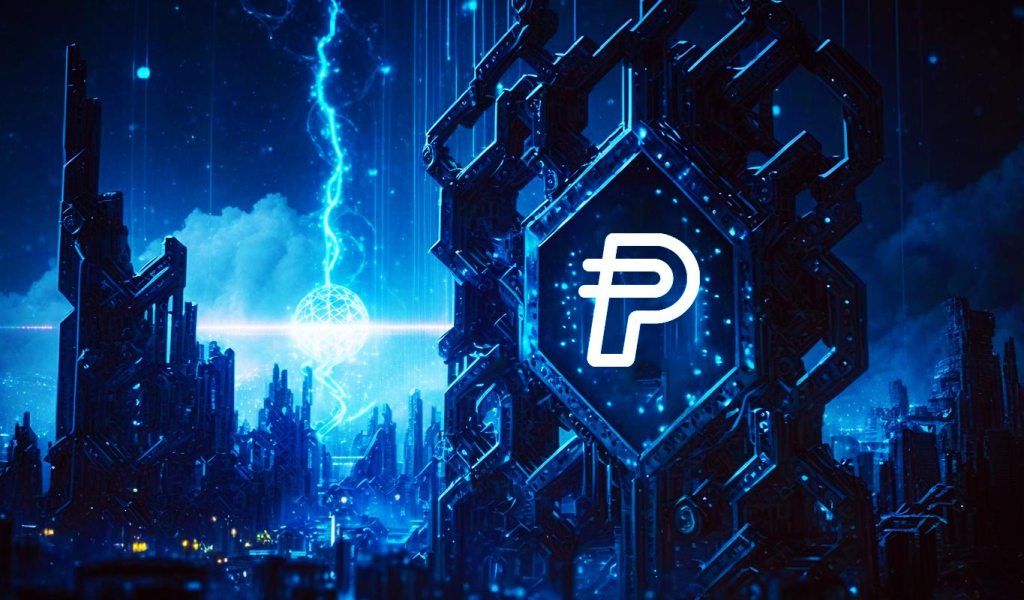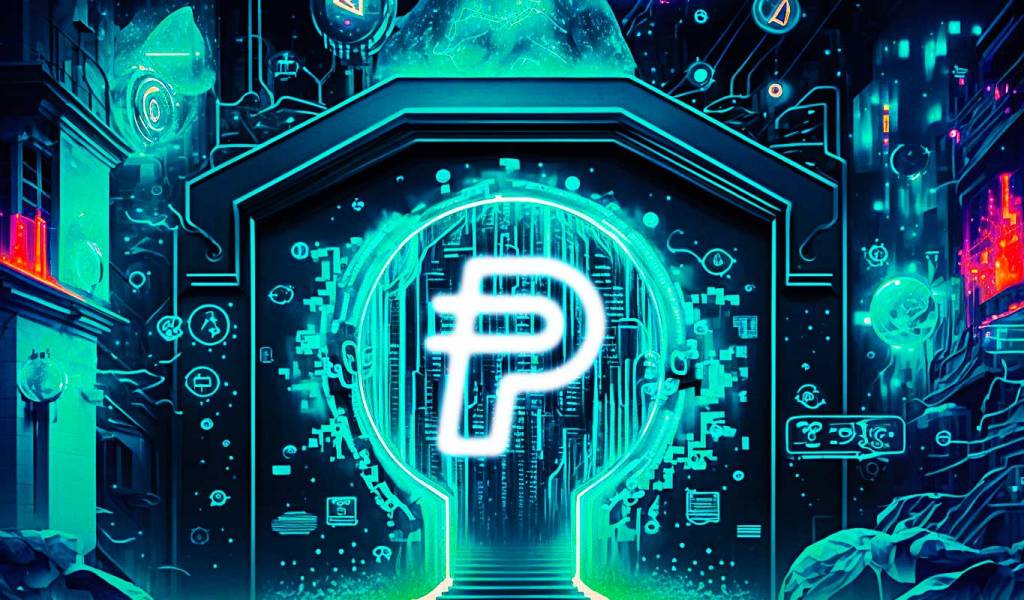
The total assets held in PayPal USD custody “meet or exceed the token balance,” with total tokens outstanding amounting to $44.4 million as of Aug. 31, Paxos report states.
Stablecoin issuer Paxos has published the first transparency report for the Ethereum-based stablecoin PayPal USD (PYUSD), stating that the coin is fully backed by assets.
According to the report, the total assets held in PayPal USD custody “meet or exceed the token balance,” with total tokens outstanding amounting to $44.4 million as of Aug. 31, 2023. The total notional position value amounted to $44.5 million.
The biggest share of PYUSD assets is backed by the U.S. Treasury reverse repurchase agreements held in custody by Paxos for the benefit of PYUSD holders. According to the data, as much as $43 million — or nearly 97% of total assets in PYUSD custody — are held in Treasury reverse repurchase agreements.

A reverse repurchase agreement is a contractual arrangement between two parties, where one party agrees to sell securities to another party at a specified price with a commitment.
“Our repurchase agreements are overnight maturity with reputable financial institutions and overcollateralized with the U.S. Treasuries,” Paxos said, adding:
“In the event of a default by the counterparty, Paxos is able to liquidate the U.S. Treasury collateral to make itself whole. As all trades are overcollateralized, the risk of loss is not deemed to be material.”
As of Aug. 31, Paxos also held $1,500,146 of fiat currency at insured depository institutions, referred to as cash deposits. Paxos provided a link to the IntraFi network, or a full list of insured depository institutions at which funds may be placed.
“Paxos currently does not have any active private uninsured deposit insurance policies. Not all deposits are covered by the FDIC or private insurance, and Paxos may still incur losses in the event of a bank insolvency,” the firm added.
Related: PayPal’s new PYUSD stablecoin faces legal headwinds and ‘less functionality’
The report comes weeks after Paxos and PayPal debuted PYUSD on Aug. 7. By late August, 90% of PayPal USD was reportedly held in wallets of Paxos, while about 7% was distributed among exchanges like Kraken, Gate.io and Crypto.com.
On Sept. 12, the major cryptocurrency payment firm BitPay adopted PYUSD as a payment option on its platform, in addition to already supported USD-pegged stablecoins like USD Coin (USDC).
Collect this article as an NFT to preserve this moment in history and show your support for independent journalism in the crypto space.












